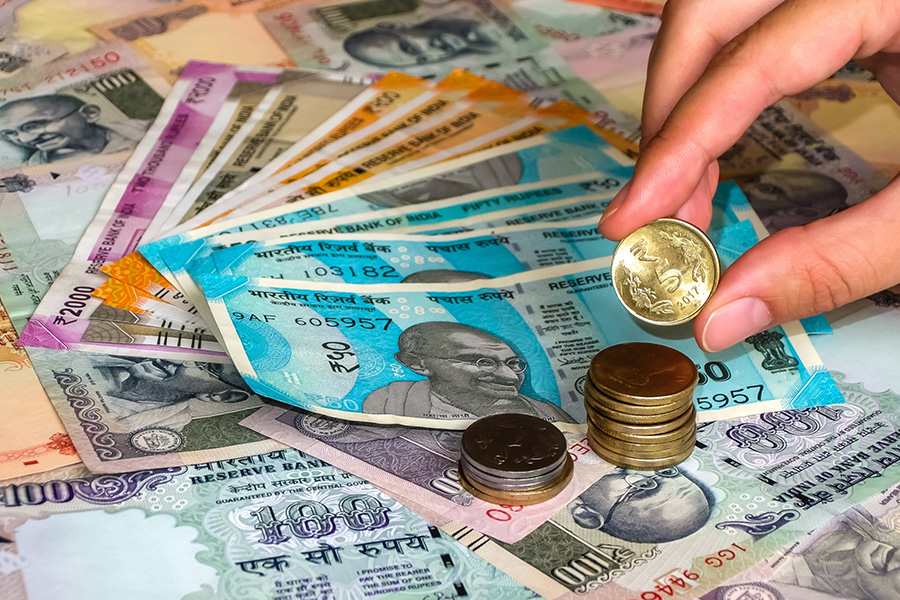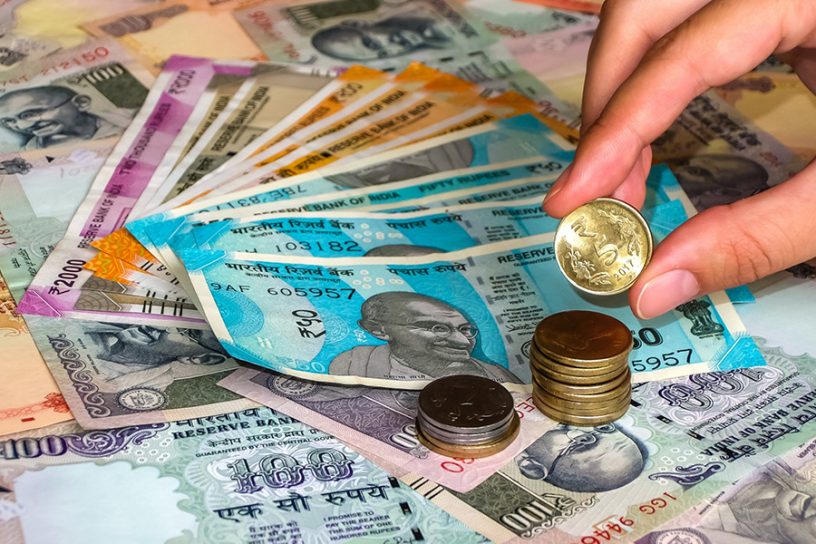
In this paper, the researchers use nationally representative household surveys to show that the period of economic reforms has witnessed a sharp rise in interpersonal wealth inequality.
Authors
Ishan Anand, Indian Institute of Technology Delhi, New Delhi, India.
Anjana Thampi, Assistant Professor of Economics, Jindal Global Law School, O.P. Jindal Global University, Sonipat, Haryana, India.
Vamsi Vakulabharanam, Department of Economics, University of Massachusetts, Amherst, MA, USA.
Summary
Three decades have passed since India implemented market-oriented economic reforms. While levels of and trends in consumption and income inequality have been studied extensively, wealth inequality has not received the same level of attention.
In this paper, we use nationally representative household surveys to show that the period of economic reforms has witnessed a sharp rise in interpersonal wealth inequality.
A decomposition of this rising wealth inequality shows that wealth is increasingly concentrated in urban areas, among a few privileged social groups, and in the top decile of the Indian population.
Published in: Canadian Journal of Development Studies
To read the full article, please click here.


